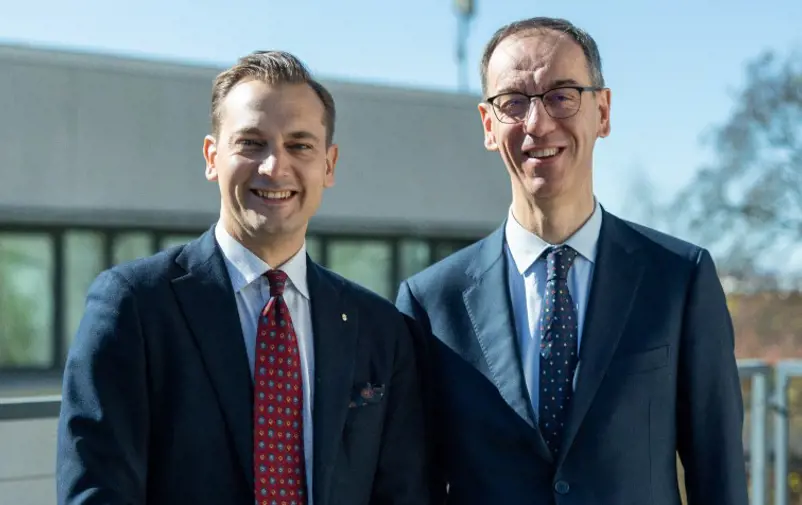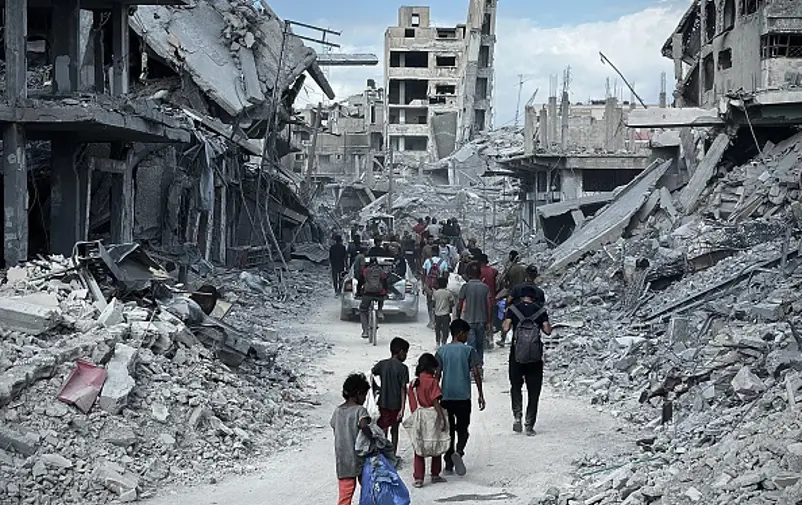The EU strengthens crisis management capabilities during the Swedish presidency
Important steps will be taken during the presidency to develop and strengthen the EU’s capability of handling crises. At present, there are 21 EU missions in Europe, Africa and Asia. Sweden is a leading provider of personnel. FBA coordinates the civilian experts who serve in both the field and headquarters and is providing information input before a decision between EU member states on a new civilian compact.With war in Europe, the EU's importance for security policy has increased. Security is best built in collaboration and partnership with others. That makes the EU’s capacity for crisis management important and this is what FBA is helping to strengthen.
“One of the main purposes of the EU missions is to reinforce institutions and resilience in our region, which also helps to increase stability in Europe. The missions’ mandate is adapted depending on the situation and we provide personnel with the right competence to address the needs,” says Niklas Lindskog, head of the International Secondment Unit at FBA.
For example, there has been a civilian advisory mission in Ukraine, EUAM, since 2014. The mission was placed there to reform the security sector, primarily the police, since there was a pressing need to increase respect for human rights and principles of the rule of law after protests against the government were put down and demonstrators in Maidan Square were killed.
“To create trust between the population and the security sector, such as the police, civilian control and democratic governance are important so that the safety and rights of the individual are guaranteed. Reform of the security sector is an expert area for FBA, and the agency has also provided knowledge to help develop EU policy in this area,” says Katarina Hellström Thorsell, head of the Security Sector Reform unit at FBA.
The EU presence is also important in Georgia, where the EU brokered an agreement that stopped the war with Russia in 2008 and created a civilian observer mission, EUMM, to stabilise the situation and counteract renewed conflict. Since that time, observers, many of them sent by FBA, have regularly patrolled and reported on developments in the border areas with the breakaway territories of Abkhazia and South Ossetia.
The newest EU mission is also in this region, in Armenia, which has an unresolved conflict with Azerbaijan in Nagorno-Karabakh. This too is an observer mission, to which FBA has seconded personnel.
This spring, the objective for the Swedish presidency is to reach an agreement on a new civilian compact to develop and strengthen the EU's crisis management missions.
“FBA is involved in discussions on how missions should be formulated so as to address new challenges and create room to act quickly and flexibly, as well as how the leadership and work environment related questions in the missions should be developed. The new compact is also about strong collaboration between civilian crisis management missions and the inner security of the EU, such as border management issues, anti-terror, organised crime, cyber threats and disinformation, as well as questions of climate security,” says Niklas Lindskog.
The EU has an important role in increasing security and stability in the so-called Eastern Partnership A process has also been launched, as a Swedish initiative, to investigate how the EU can best contribute to strengthening resilience in Moldavia, to which FBA is contributing.








 >
> >
>

